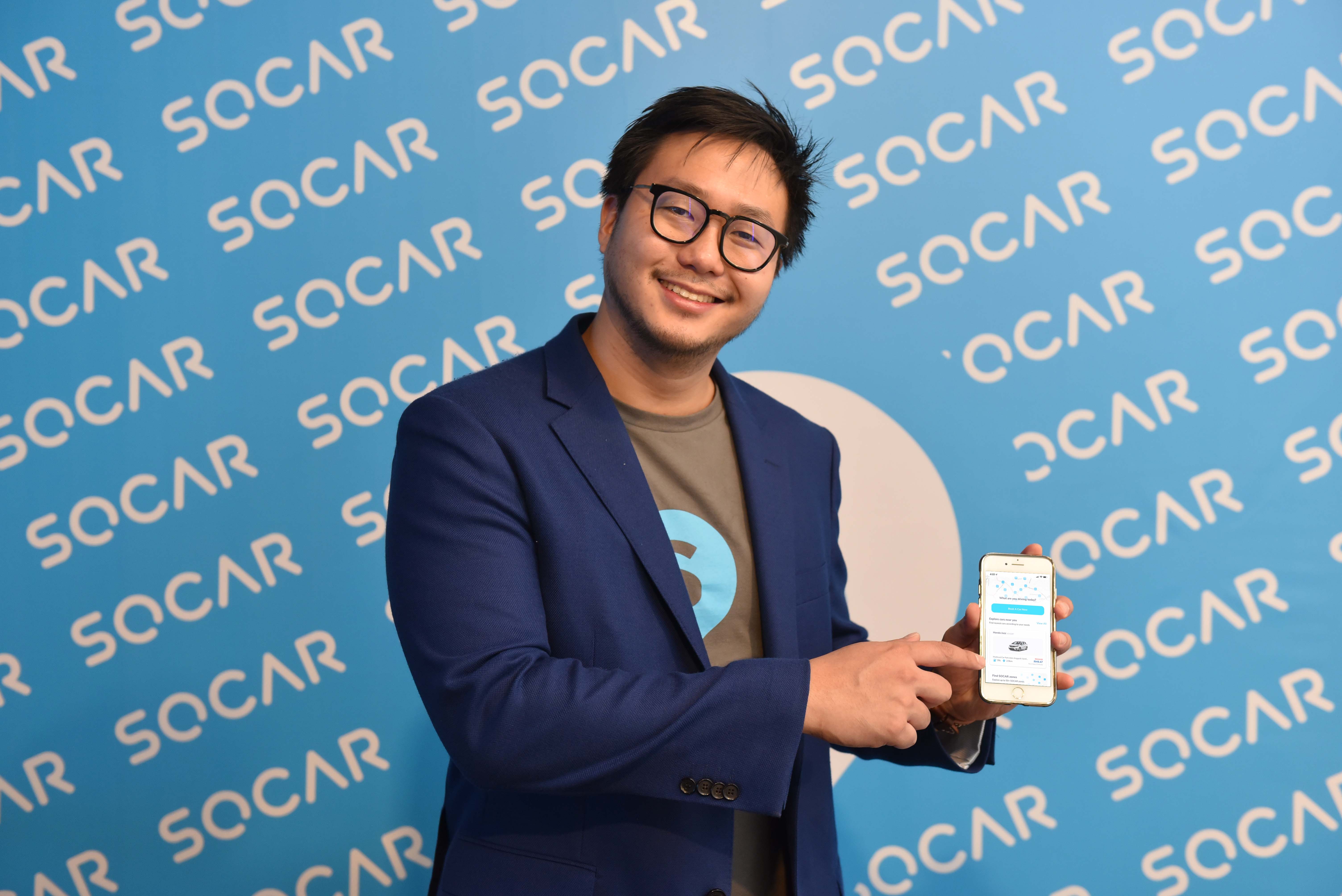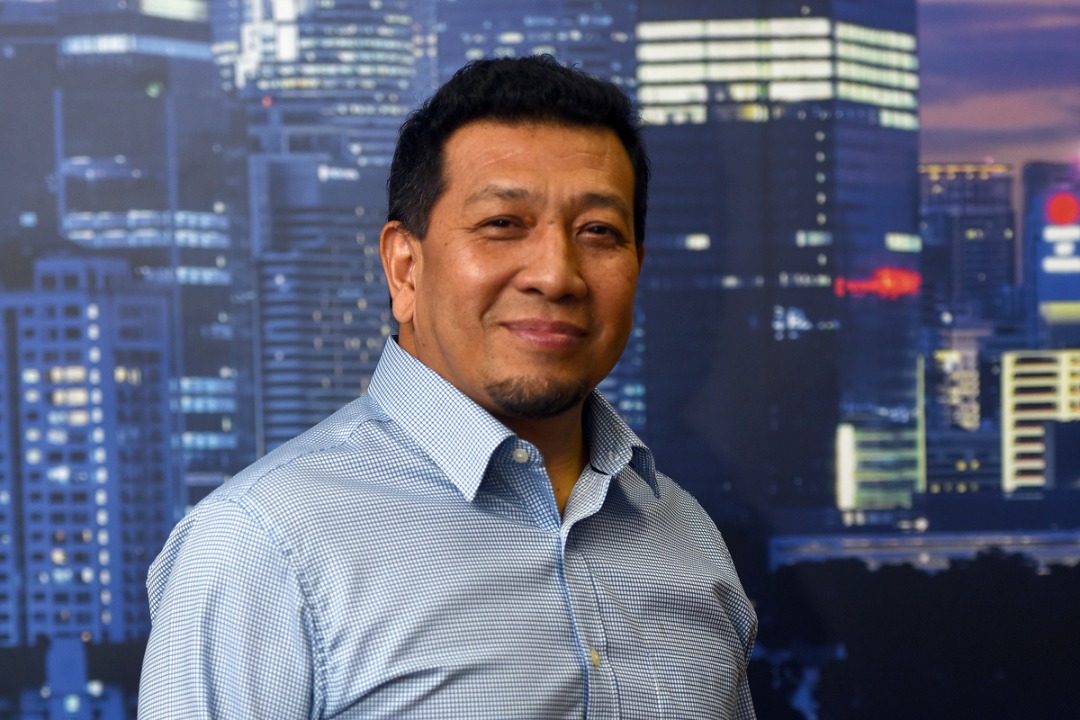SOCAR, TNB collaborate to promote EV adoption

SOCAR and Tenaga Nasional Berhad (TNB) have signed a Memorandum of Understanding (MoU) to leverage on shared demand data on electric vehicle (EV) usage in Malaysia as part of their joint efforts to speed up the adoption of EVs.
The MoU outlines TNB’s plans to leverage on SOCAR’s data on vehicle usage and travel behaviour to identify strategic locations along key travel routes for the installation of charging infrastructure.
By offering EVs on its car sharing platform, SOCAR aims to make electric mobility more accessible, addressing the oft-cited barrier of cost holding back drivers who have considered switching to EVs.
SOCAR’s comprehensive car sharing database will form the foundation for selecting EV models for the rollout and locations of new EV zones based on driving preferences and vehicle usage styles among Malaysians. In turn, this effort to enable positive EV driving experiences is targeted at creating new advocates who will continue the momentum to accelerate EV adoption.

“As a future-centric tech-powered flex mobility provider, we are committed to driving the adoption of sustainable mobility. For us, this means using our platform and resources to enable more drivers to experience the benefits of driving an EV, thus helping them transition from conventional fossil-fuel powered cars,” said Leon Foong, CEO of SOCAR.
“From talking to Malaysian drivers, we know it is crucial to enable EV use without owning one and to plug the gaps in the current EV charging infrastructure to overcome range anxiety among potential EV adopters. We are pleased to once again work with TNB to introduce users to a seamless EV driving experience. In addition, our car sharing model also supports drivers who wish to own an EV, as they can generate income to offset ownership costs by listing their EV on our TREVO people-to- people car sharing marketplace,” added Foong.

In Malaysia, the low EV penetration rate - where EVs comprise less than 0.05 percent of the estimated 14.5 million registered private cars 3 in the country - offers wide room for growth in adoption, if the car sharing model is able to help educate consumers on the ease of EV use.
“We at TNB support the e-mobility movement in the transportation sector to encourage higher adoption of EVs in the country. With sustainability embedded in our business agenda, we are ready to work with like-minded partners like DHL Express Malaysia and SOCAR to deploy low carbon mobility initiatives," said Datuk Megat Jalaluddin Megat Hassan, Chief Retail Officer of TNB.
“TNB is set to take a leading role in driving EV adoption in Malaysia, especially among fleet management operators, and one of the key steps to achieving this is by establishing more EV charging zones that would be utilised optimally based on known travel routes.
“This recent collaboration with SOCAR is more extensive, compared to our initial partnership back in December 2019 when TNB became the enabler for SOCAR’s first two EV zones in Cyberjaya with the introduction of the first-ever EVs in their fleet.," he added.
In addition, Foong mentioned that EV owners estimated that with the currently available charging infrastructure, readily available EVs like the Nissan Leaf can take over 24 hours to complete a 1,000km journey from Johor Bahru to Kota Bharu after factoring in charging times.
“This illustrates the urgency of developing a strategic EV charging infrastructure roadmap on the journey towards achieving an ideal ratio of high-speed chargers (150kW DC chargers) to EVs. Ultimately, nations need to target a high supply metric which weights DC chargers higher while ensuring the sufficiency ratio stays within the optimal range.
"Having charging infrastructure at high frequency, low-mid mileage travel hotspots can be a great way to introduce people to using EVs to meet their urban mobility needs,” he added.

